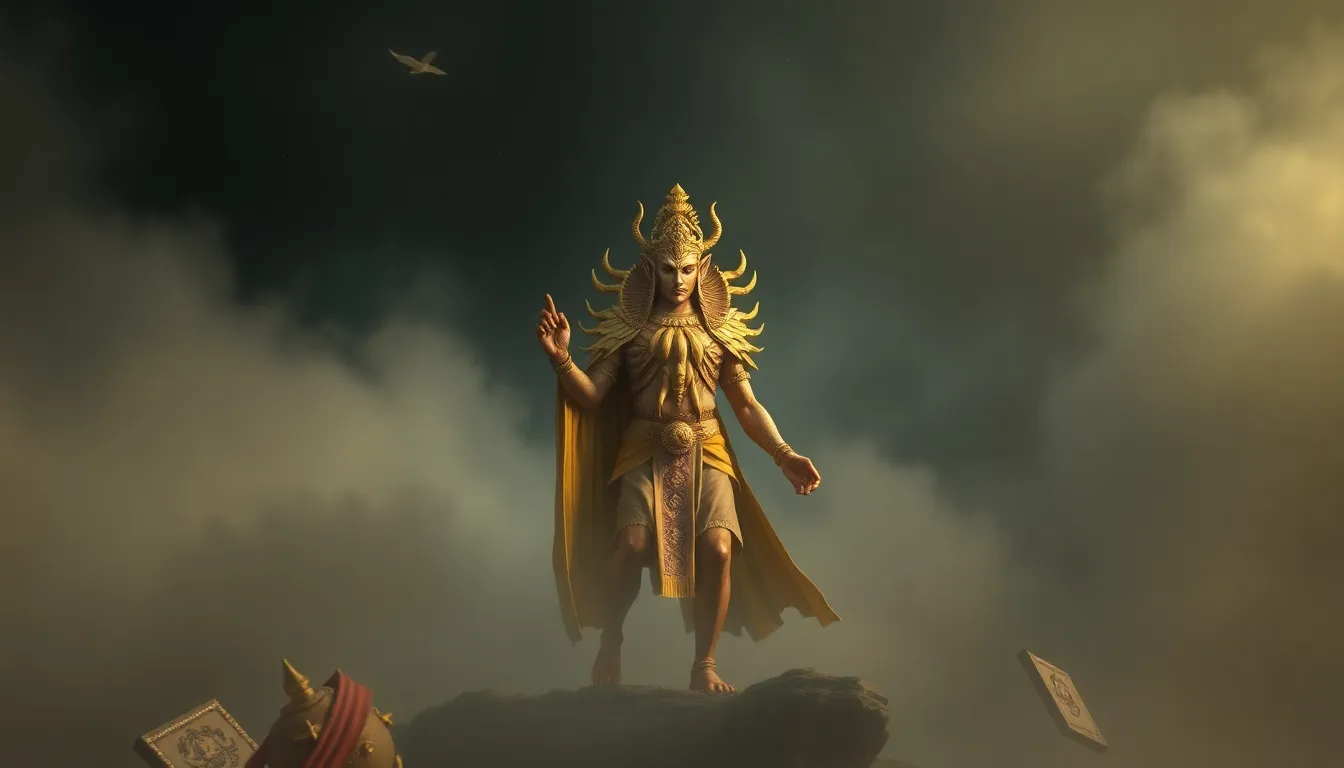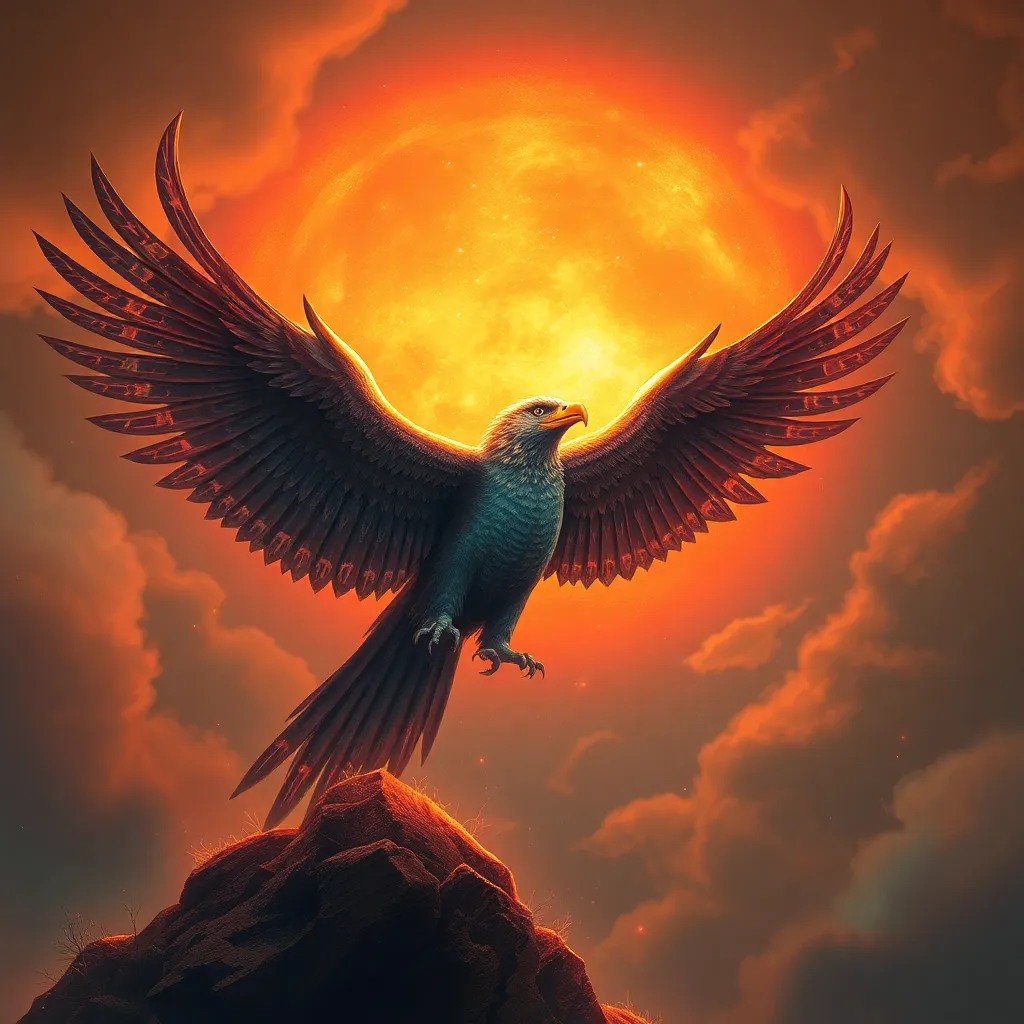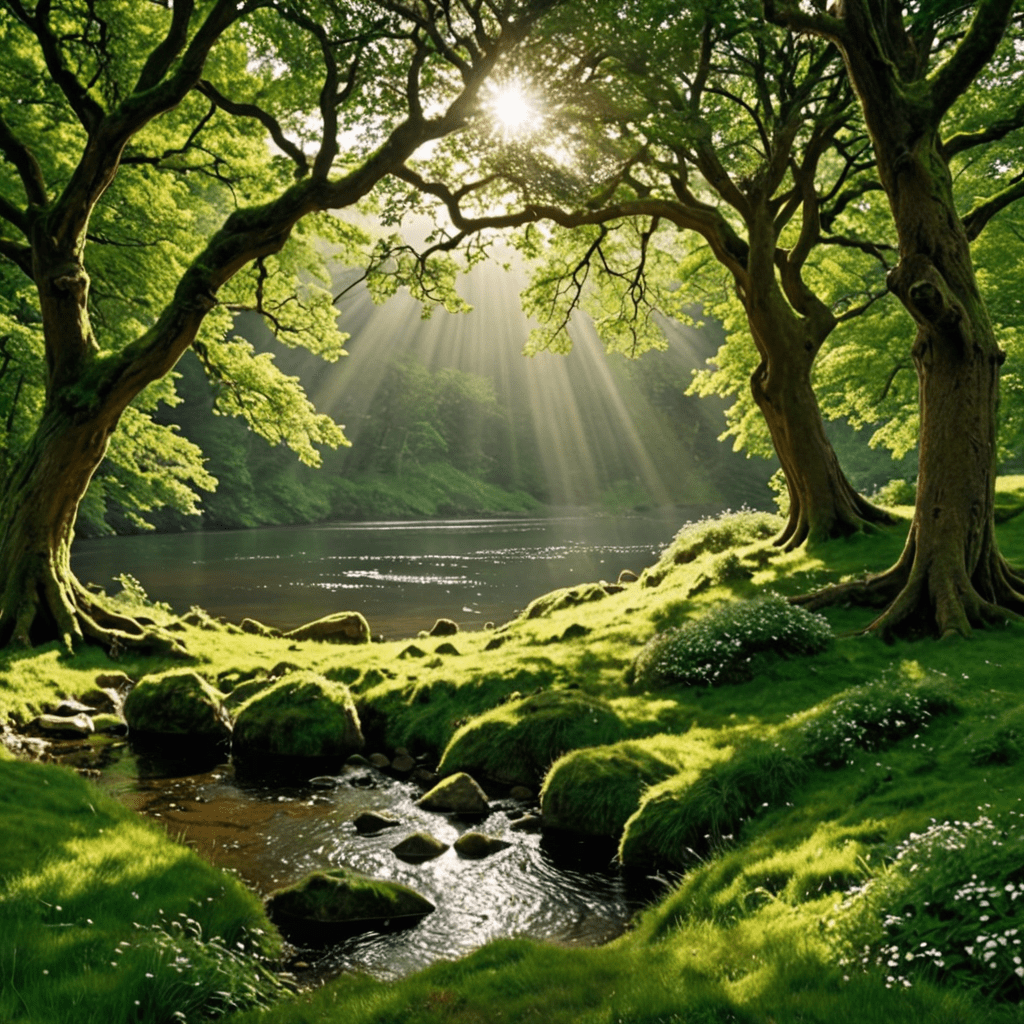The All-Time Greatest Ancient Deities: Legends That Endure
Introduction: The Enduring Legacy of Ancient Deities
Ancient deities have played a pivotal role in shaping human culture and mythology throughout history. These divine figures have been revered, feared, and celebrated across various civilizations, serving as symbols of power, morality, and the mysteries of existence. From the majestic Olympus of Greece to the enigmatic pyramids of Egypt, ancient gods have left an indelible mark on the collective consciousness of humanity.
Moreover, these legends continue to influence modern beliefs and practices. Many contemporary spiritual paths draw inspiration from ancient mythologies, while literary and artistic expressions frequently reference these timeless deities, showcasing their enduring relevance in today’s world.
Understanding Deities: What Makes a God?
To grasp the significance of ancient deities, it is essential to define what constitutes a god in various cultures. Deities are often characterized by the following:
- Supernatural Power: Deities are typically viewed as having extraordinary capabilities, beyond the reach of ordinary humans.
- Control Over Nature: Many gods govern natural phenomena such as weather, fertility, and the seasons, providing explanations for the world around us.
- Embodiment of Ideals: Gods often represent specific virtues or concepts, such as wisdom, love, or war, embodying the values of the societies that worship them.
In many ancient cultures, deities served to explain the unknown and provided a framework for understanding human experiences, from the joys of love to the pain of loss.
Greek Pantheon: The Olympians and Their Myths
The Greek pantheon is one of the most renowned collections of deities, with the Olympians at its core. Major figures include:
- Zeus: The king of the gods, ruler of Mount Olympus, and god of the sky.
- Hera: The goddess of marriage and family, known for her jealousy and protective nature.
- Athena: The goddess of wisdom and warfare, celebrated for her strategic prowess.
Each of these gods has rich narratives associated with them. For example, Zeus’s numerous affairs and the resulting myths have profound implications for themes of power and justice. The stories of the Olympians have influenced Western literature and art significantly, providing a foundation for countless works, from Homer’s epics to contemporary films.
Egyptian Gods: Anubis, Osiris, and the Afterlife
The Egyptian pantheon is deeply intertwined with concepts of the afterlife and the natural order. Key deities include:
- Anubis: The god of mummification and the afterlife, often depicted with a jackal head.
- Osiris: The god of the underworld and resurrection, symbolizing the cycle of life and death.
The Egyptians believed in a rich afterlife, where the deceased would be judged by Osiris. This belief influenced their burial practices and societal structures, underscoring the importance of living a just life. The intricate rituals surrounding death and the afterlife reflect the profound respect Egyptians had for their deities and the mysteries of existence.
Hindu Deities: The Trimurti and Their Roles
In Hinduism, the concept of the Trimurti encompasses three principal deities:
- Brahma: The creator god, responsible for the inception of the universe.
- Vishnu: The preserver, who maintains the order and harmony of the cosmos.
- Shiva: The destroyer, who facilitates transformation and regeneration.
Hindu cosmology presents a cyclical view of time, where creation, preservation, and destruction are interwoven. This perspective fosters a deep understanding of existence and encourages followers to embrace the cycles of life.
Norse Mythology: The Aesir and Vanir
Norse mythology features two primary groups of gods: the Aesir and the Vanir. Prominent deities include:
- Odin: The Allfather, associated with wisdom, war, and death.
- Thor: The god of thunder, known for his immense strength and protection of humanity.
- Freyja: The goddess of love, beauty, and fertility, who also has connections to war.
Norse beliefs about fate are vividly illustrated in the concept of Ragnarok, the prophesied end of the world where gods will fall in battle. This myth encapsulates themes of heroism, sacrifice, and the inevitability of change.
Mesoamerican Deities: The Rich Tapestry of Gods
Mesoamerican cultures, particularly the Aztecs and Mayans, worshipped a diverse array of deities. Notable figures include:
- Quetzalcoatl: The feathered serpent god associated with wind, air, and learning.
- Kukulkan: A similar feathered serpent deity revered by the Maya, symbolizing creation and the agricultural cycle.
These gods were closely linked to agricultural practices, highlighting the relationship between divine favor and the success of crops. Rituals and ceremonies were performed to ensure a bountiful harvest, illustrating the deep connection between spirituality and sustenance in these cultures.
African Mythology: Diversity in Deity Worship
African mythology encompasses a vast array of deities across different cultures, each reflecting unique societal values. Some significant deities include:
- Ogun: The god of iron, war, and labor, revered for his strength and craftsmanship.
- Mami Wata: A water spirit associated with fertility, love, and beauty.
The worship of these deities often reflects communal life and societal values, emphasizing the importance of relationships, agriculture, and the natural world.
The Influence of Ancient Deities on Modern Culture
Ancient myths and deities have permeated contemporary culture in numerous ways. Their influence is evident in:
- Literature: Many authors draw upon ancient myths to craft their narratives, weaving timeless themes into modern storytelling.
- Film: Movies often reinterpret ancient legends, bringing them to life for new audiences.
- Art: Visual artists continue to explore mythological themes, creating works that resonate with historical significance.
Additionally, there has been a resurgence of interest in mythology through modern media, with new interpretations and adaptations that breathe life into these ancient stories.
Conclusion: The Timelessness of Ancient Legends
The legends of ancient deities are not merely relics of the past; they are timeless narratives that continue to resonate with humanity. These figures represent our collective quest for understanding the universe, morality, and the human experience. As we navigate the complexities of modern life, the stories of these ancient gods offer wisdom, inspiration, and a connection to our shared history.



